Premium Only Content
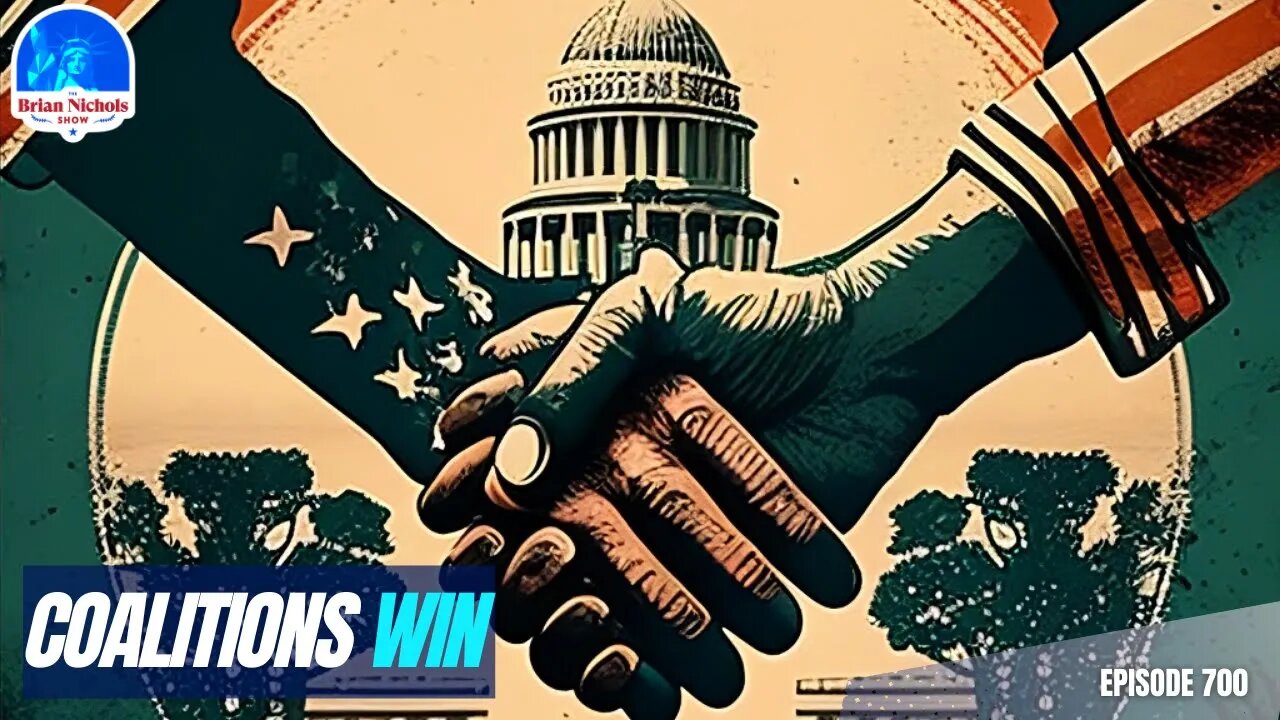
Together, We CAN - The Coalition Effect
Are you ready to explore the power of building coalitions to create a more free world? In this episode, Brian Nichols and Larry Sharpe dive deep into the need for building coalitions to create a more free world.
Larry Sharpe, a New Yorker fighting to restore normalcy and the state, joins Brian to discuss the problems with the current political system. They explore how building coalitions can be used to accomplish certain goals and how it could help us move beyond the never-ending feud between Democrats and Republicans.
The conversation then shifts to the need for centralization and diversification within New York State. They explore the challenges of balancing the needs of people in urban areas with those in rural areas and how we can find a compromise that benefits everyone.
The discussion then moves on to suggest alternatives for the current system, such as rank choice voting, ballot access, sane gun regulations, police reform, ending the War on Drugs, and supporting local people, unions, credit unions, and coops. They explore how these alternatives can lead to a more just society and help us move beyond the current political gridlock.
The conversation concludes with a suggestion that if the government owes people money, they should be allowed to use it to start a coop, with the government matching the amount, and that if a business shuts down, be allowed to buy it, so they can still keep their jobs.
Larry Sharpe critiques both parties for their lack of substantive solutions, noting that the Democrats have an answer of “more money, more debt, more programs,” while the Republicans have an answer of “give me $10 a day.” He calls on people to look beyond party allegiance and take the hand that will help them out of their troubles, regardless of whether it is a capitalist, socialist, or communist solution.
Don't miss this captivating and insightful conversation on The Brian Nichols Show. Tune in now to learn how building coalitions can create a more free world and how we can move beyond the current political gridlock.
-
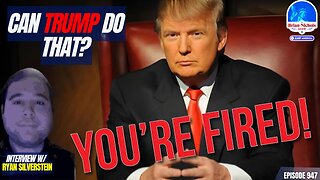 26:43
26:43
The Brian Nichols Show
1 month agoCan a President Fire ANYONE in the Government?
161 -
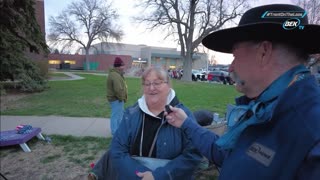 LIVE
LIVE
BEK TV
22 hours agoTrent Loos in the Morning 4/17/2025
8,643 watching -
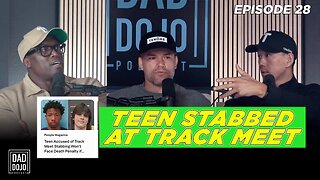 1:00:02
1:00:02
Dad Dojo Podcast
12 hours agoEP28: Teen Stabbed At Track Meet
222 -
 13:49
13:49
Mrgunsngear
11 hours ago $2.17 earnedHow many PUBG Cast Iron Skillets Does It Take To Stop A Bullet?
5.2K11 -
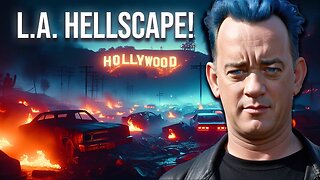 12:01
12:01
Clownfish TV
18 hours agoHollywood HELLSCAPE: L.A. is the New DETROIT?!
5.51K15 -
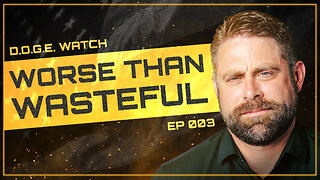 16:05
16:05
Nick Freitas
12 hours agoSaving a Billion a Day
5.12K3 -
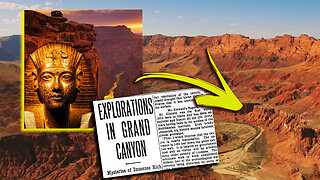 16:49
16:49
CarlCrusher
1 day agoBizarre Secret Mysteries of the Grand Canyon and Colorado River Badlands
5.47K5 -
 28:57
28:57
Esports Awards
17 hours agoVeracity From Unsung Hero to International Esports Host | Origins Podcast #3
3.07K1 -
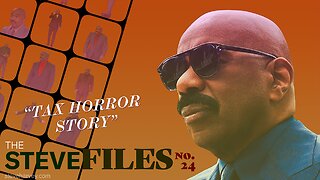 6:38
6:38
The Official Steve Harvey
18 hours ago $0.52 earnedMy accountant died... I owed 22 million dollars 😱
5.54K6 -
 18:05
18:05
Degenerate Jay
20 hours ago $1.61 earnedThis Is Ruining Video Game Development
21.8K5